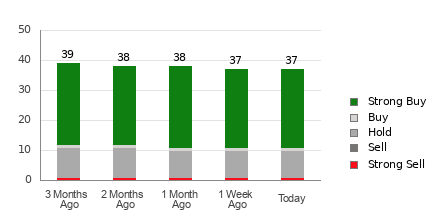Your Guide to Retirement Income Taxes: 13 States Make It Easier
Benjamin Franklin once wrote, “[I]n this world, nothing can be said to be certain, except death and taxes.” While he was right about taxes, there’s a silver lining for retirees regarding state taxes on income.
If you are retired, you may not have to pay state taxes on your retirement income, depending on where you live. Here’s a look at 13 states that do not tax Social Security, 401(k), IRA, or pension income.

Image source: Getty Images.
States With No Income Tax
Some states allow residents to avoid paying income taxes altogether, both before and during retirement. Currently, nine states do not impose any income tax:
- Alaska
- Florida
- Nevada
- New Hampshire
- South Dakota
- Tennessee
- Texas
- Washington
- Wyoming
However, there are a few important details to consider.
New Hampshire does not have a general state income tax but does impose taxes on dividends and interest. Fortunately for retirees, these taxes do not apply to dividend and interest income within IRAs or 401(k)s. Better yet, New Hampshire plans to phase out these taxes after 2024.
On the other hand, Washington state does tax capital gains. This tax can be complex and has been the subject of voter initiatives, but recent attempts to eliminate it have been unsuccessful.
States That Tax Income but Not Retirement Income
While most states charge income taxes, there are four exceptions when it comes to taxing retirement income. The following states do not tax money from Social Security, 401(k) plans, IRAs, or pensions:
- Illinois
- Iowa
- Mississippi
- Pennsylvania
However, timing is crucial. In Mississippi, early withdrawals from retirement accounts may still be taxed. Similarly, Pennsylvania taxes early distributions from retirement accounts.
Alabama taxes retirement income from 401(k) plans and IRAs, but it does not tax Social Security benefits or pension income. Hawaii has a unique approach: retirement distributions from private or public pension plans aren’t taxed, unless retirees have contributed to those plans. In that case, only the employee contributions are subject to taxes.
Where Social Security Isn’t Taxed
If you’re retired and living in a state not already mentioned, it’s a mixed bag in terms of taxes on your retirement income.
The bright side is that many states don’t tax Social Security benefits. Here’s a list (besides the 13 states already noted) that don’t tax these benefits:
- Alabama
- Arizona
- Arkansas
- California
- Delaware
- Georgia
- Hawaii
- Idaho
- Indiana
- Kansas
- Kentucky
- Louisiana
- Maine
- Maryland
- Massachusetts
- Michigan
- Missouri
- Nebraska
- New Jersey
- New York
- North Carolina
- North Dakota
- Ohio
- Oklahoma
- Oregon
- South Carolina
- Virginia
- Wisconsin
The Reality of Taxes in Retirement
Even if you reside in a state that doesn’t tax your retirement income, it’s important to remember that taxes are still likely to be part of your financial picture. Homeowners will encounter property taxes no matter where they live, and most states impose sales taxes (with exceptions including Alaska, Delaware, Montana, New Hampshire, and Oregon).
Franklin’s assertion that taxes are inevitable holds true. While taxes may take different forms, retirees still have the opportunity to minimize their tax burdens by carefully selecting where they settle in retirement.
The $22,924 Social Security Bonus Often Overlooked
If you’re like many Americans, you might be behind in your retirement savings. However, there are lesser-known “Social Security secrets” that could significantly enhance your retirement income. One strategy may even grant you an additional $22,924 per year! Once you discover how to optimize your Social Security benefits, you could retire with greater financial security. To learn more about these strategies, simply click here.
View the “Social Security secrets” »
The Motley Fool has a disclosure policy.
The views and opinions expressed herein are the views and opinions of the author and do not necessarily reflect those of Nasdaq, Inc.









